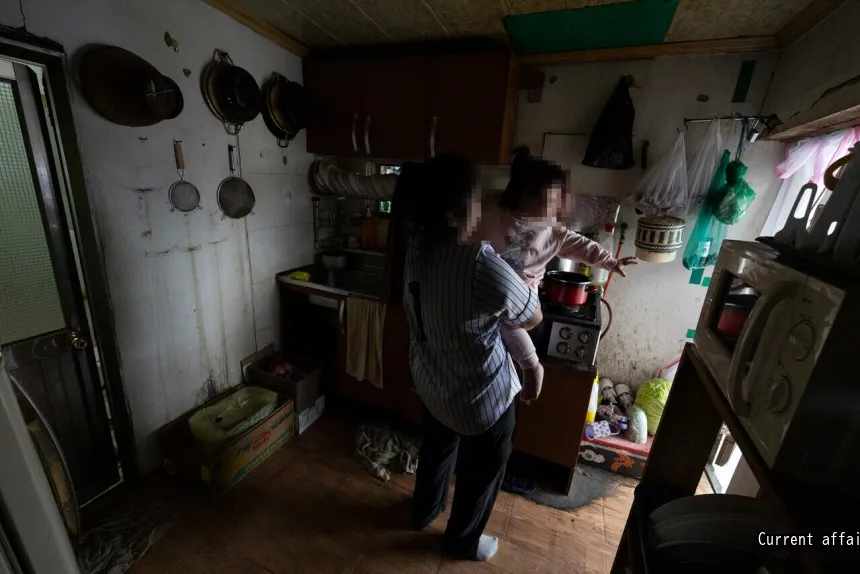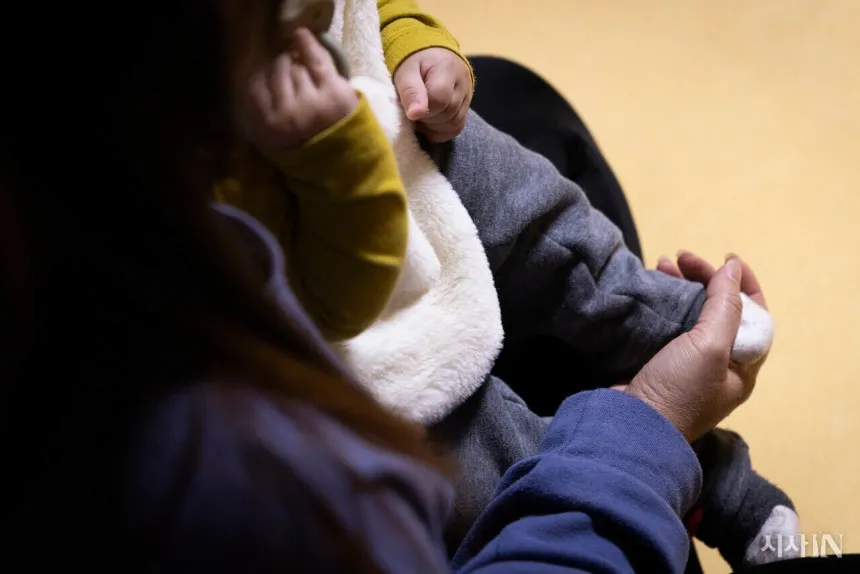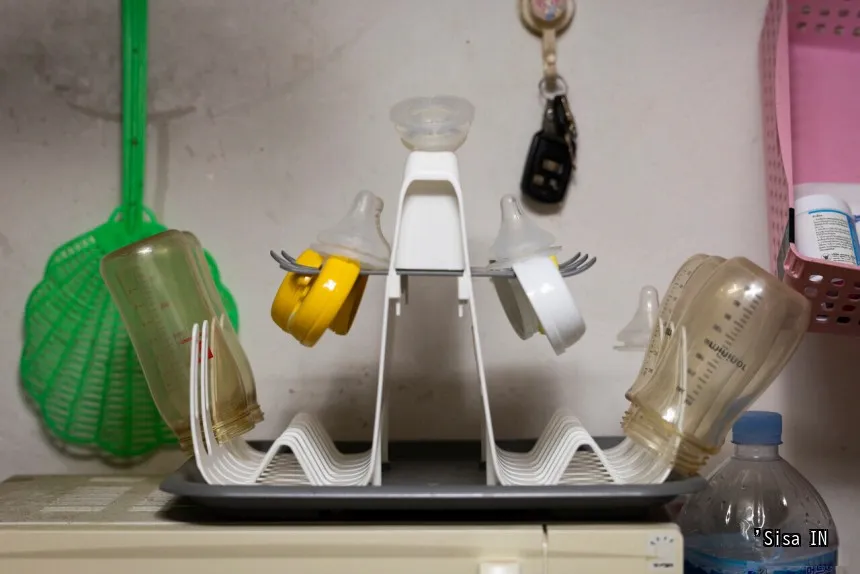https://n.news.naver.com/article/308/0000035931?cds=news_media_pc&type=editn

image text translation
Current affairs I
In Korea, if parents are undocumented migrant workers, their children also become undocumented migrant children. This is a child who clearly exists, but does not exist on paper. Neither resident registration number nor alien registration number is given. Therefore, they cannot receive any benefits or support from the state or local governments. I cannot go to daycare or kindergarten. Although they may be accepted at the director’s discretion, all three children were refused admission to a daycare center near their home.
Above all, it is not covered by medical insurance. As a parent who earns an average of 120,000 won per day to support the household, it is not easy to cover expenses ranging from hundreds of thousands to millions of won per day. “Max hurt his wrist two months ago. However, there was a fight between the government and the doctor, so I went to four hospitals before finally getting treatment. “I was hospitalized for 3 days and was paid 3 million won.” There are more daunting issues than treatment costs. “When my child is sick, I don’t get a detailed explanation of where and how it hurts and what to do.” Treatment often ends without time to ask questions through a translation app.

image text translation
At the recommendation of the National Human Rights Commission, in April 2021, the Ministry of Justice introduced the ‘Conditional Relief Measures for Children Born in Korea and Illegal Residents’. According to this, even if an unregistered migrant child was born in Korea and stayed in the country for more than 15 years, he or she will be eligible to study until he or she graduates from high school. Residence qualifications for (
D-4
) and graduate from high school, temporary residence status for one year (
G-1
) can be obtained. In response to criticism that the criteria for ‘born in Korea, resided in Korea for more than 15 years’ are too high, the Ministry of Justice announced an improvement plan and in January 2022, allows stay even for children who entered the country when they were under the age of six and lived in the country for more than six years even if they were born abroad. did it However, this relief measure is a temporary system and will end on February 28, 2025, three months later.

image text translation
‘Sisa IN
Among undocumented migrant workers who gave birth to children in Korea, some choose to send their children to their home country. Marie, who stayed with Max, Jenny, and Nana, was also sent to her mother’s home in Thailand when she was six months old. “Actually, a lot of people do that. In Korea, there is no way to teach children. When parents sign a consent form and leave their child in the care of an acquaintance who is going to Thailand, the grandparents, whom they have never met, come to the airport and pick them up. “If I don’t have an acquaintance going to Thailand, I pay a professional broker to leave the child in charge.” Sang-Hoon Han said.
The three mothers have yet to see a case of sending a child to elementary school in Korea. Marie’s mother, who sent her newborn son back to her home country, eats together every weekend, talks about various things, and thinks about what to do for the child’s future. Now that low birth rates and local labor shortages have become national topics, 20,000 ‘non-existent’ children across the country are spending anxious days and nights.